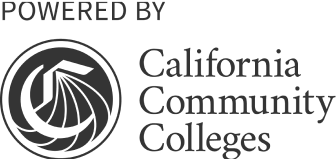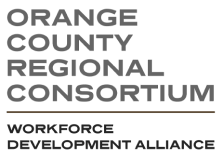The International School for Science and Culture (ISSAC), a TK-8 public charter school in Costa Mesa, serves a highly diverse student population, with over 61% identified as low-income, English Learners, or foster youth. These students often face educational disparities and limited access to real-world, hands-on learning experiences that connect academic concepts to future careers. To address this gap and respond to significant regional workforce demands in business, entrepreneurship, and ICT/digital media, ISSAC is partnering with Coastline Community College to create a Small Business Design Center and offer middle school students project-based learning tied to career pathways. This initiative aims to equip 7th and 8th graders—especially those from underserved backgrounds—with essential skills in A/V, office technology, and digital design, while fostering innovation and entrepreneurship. By integrating academic content with community and business engagement, and providing exposure to higher education through site visits, the project aligns with Orange County’s Strong Workforce goals and aims to improve student achievement, career readiness, and equity in access to high-wage, high-skill opportunities.
The ISSAC K12 SWP Work Plan focuses on enhancing curriculum and instruction as well as college and career exploration to address the needs of its diverse and underserved middle school population. Through the development of a Small Business Design Center, students will gain hands-on experience with office and A/V technology, and explore entrepreneurial and digital media skills. In partnership with Coastline Community College, ISSAC teachers will receive professional development to design age-appropriate, skill-building projects that align with workforce demands. Students will participate in entrepreneurship assemblies, campus visits, and real-world business engagement, with a strong emphasis on supporting those from the “unduplicated” count, including access to resources after hours and during summer. The project aims to serve 100 students and 3 teachers, with measurable outcomes in skill mastery, participation, and community connections. Built-in sustainability through school budgeting ensures long-term impact, preparing students—especially those facing socio-economic barriers—for high-skill, high-wage pathways.
BUSINESS AND FINANCE SECTOR (FIN): Business Management (Pathway 182)
INFORMATION AND COMMUNICATION TECHNOLOGIES SECTOR (INF): Information Support and Services (Pathway 170)
MARKETING, SALES, AND SERVICES SECTOR (MAR): Entrepreneurship/Self-Employment (Pathway 241)




